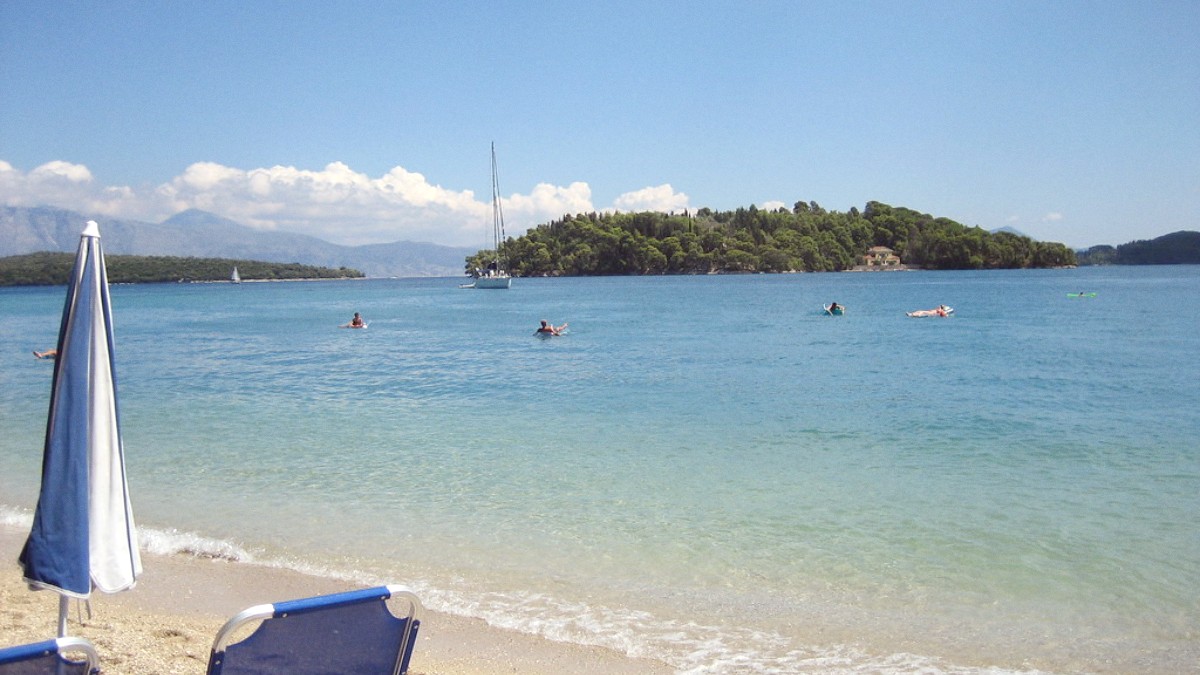
Ionian Islands, Greece
Natura 2000 sites like Alykes wetlands protect biodiversity and habitats, including monk seals and sea turtles.
Recycling bins are becoming common. Reduce single-use plastics. Dispose of waste in designated bins to avoid litter.
Greece experiences water stress. Be mindful of water usage. Take shorter showers and reuse towels.
Consider offsetting the carbon footprint of your flights and select accommodations and tours that promote sustainability.
Consider offsetting the carbon footprint of your flights through reputable organizations. Many airlines offer this option directly during booking.
Look for accommodations with eco-certifications or those that promote sustainable practices. Support tour operators with minimal environmental impact.
Choose local produce and support businesses with environmental practices.
Reduce waste, conserve water, and use eco-transportation.
Your travel decisions have a positive influence on Lefkada's natural environment.
Engage with Lefkada's culture respectfully and authentically.
Support local crafts, traditional businesses, and cultural events. Your patronage sustains the island's unique heritage.
Be polite and engage respectfully with locals. Learning basic Greek phrases (see 11.1) is always appreciated. Be patient with communication differences.
Always ask for permission before photographing individuals, notably in rural areas or religious settings. Respect privacy.
Dress modestly when visiting churches or monasteries (shoulders and knees covered). Be quiet and respectful during services or when others are praying. Do not climb on or deface ancient ruins.
Always seek consent before taking photos of individuals to preserve their privacy.
Dress appropriately and maintain reverence in religious and historical sites.
Respectful actions and an open mind truly enrich your experience and foster goodwill.
Support the local economy, helping your visit directly benefit the community.
Contribute by supporting local, family-run tavernas, guesthouses, and small shops. These businesses directly employ locals and often use local products.
Prioritize locally made goods over mass-produced imports. Ask about the origin of products when shopping for souvenirs.
Choose independent hotels over large chains. Eat at local tavernas. Buy from local artisans and producers, ensuring money stays on the island.
Be aware of potential exploitation, especially of children or vulnerable populations. Do not contribute to begging. Report any suspicious activities.
Donate through established local charities or NGOs. This ensures a structured and meaningful impact.
Support organizations working directly with local communities or for environmental causes.
Giving money to individuals directly may not yield desired positive effects.
Your mindful choices ensure your visit benefits Lefkada's community and preserves its integrity.